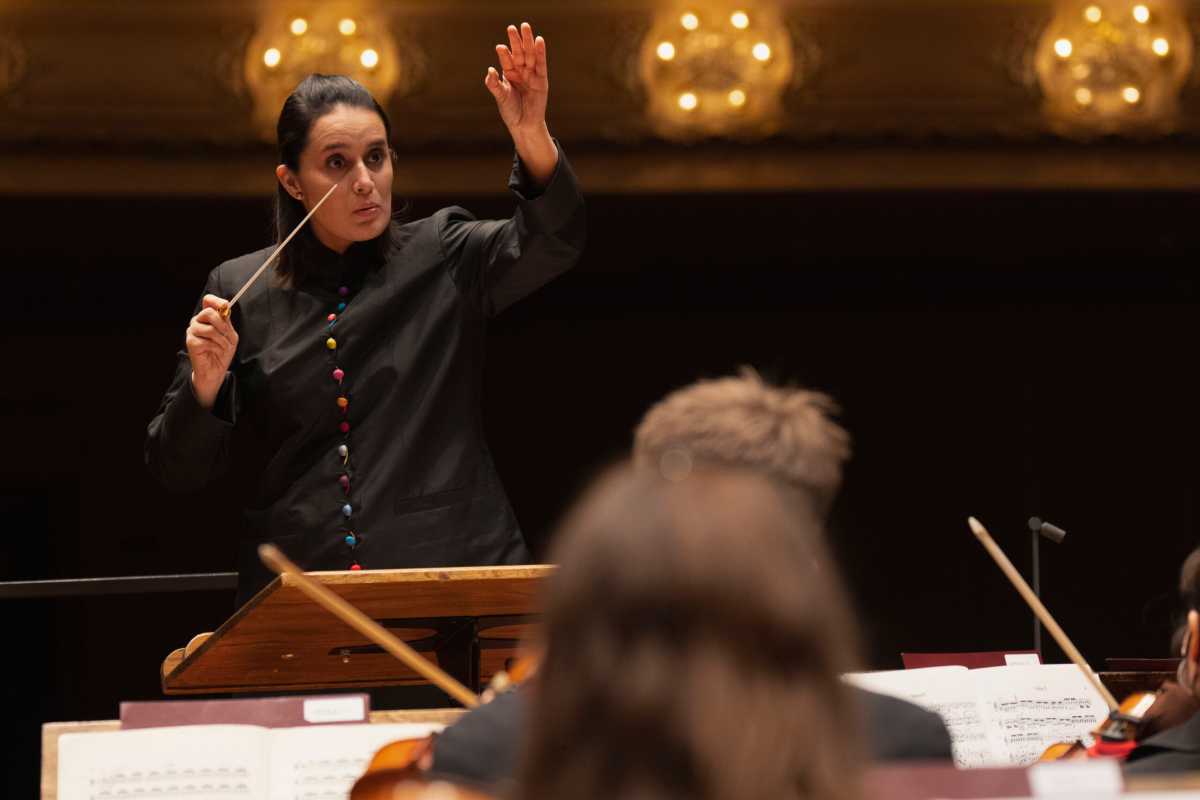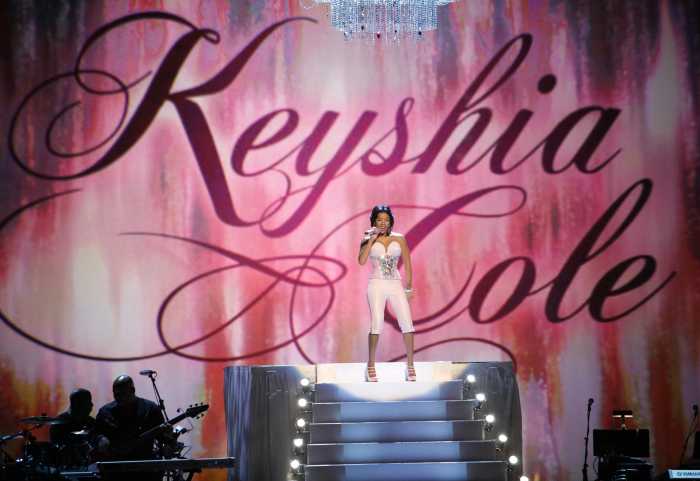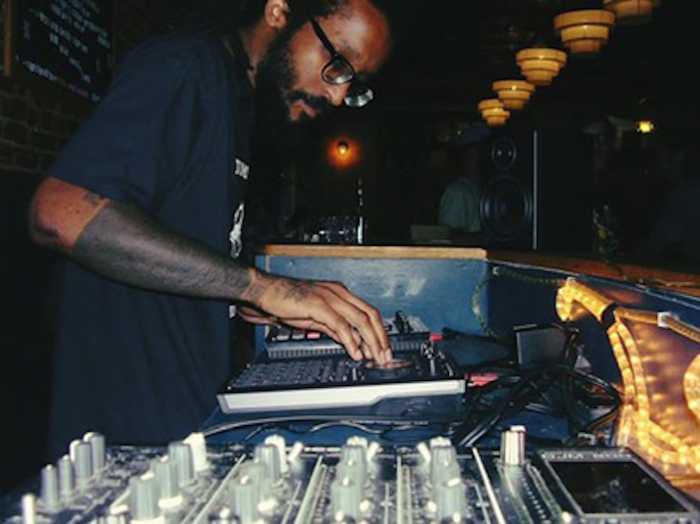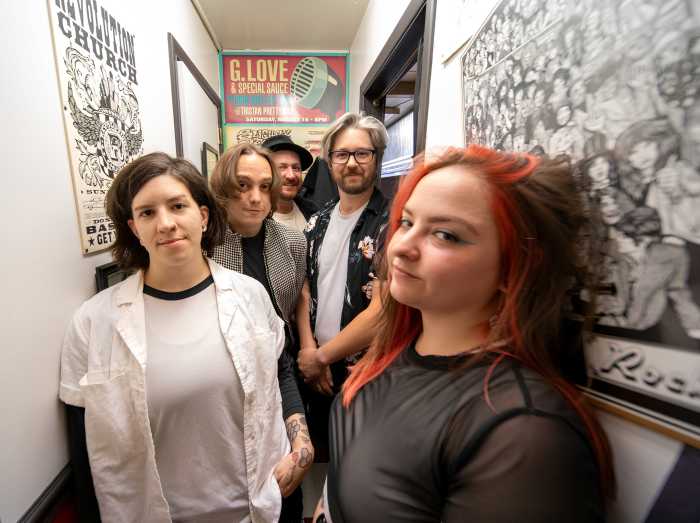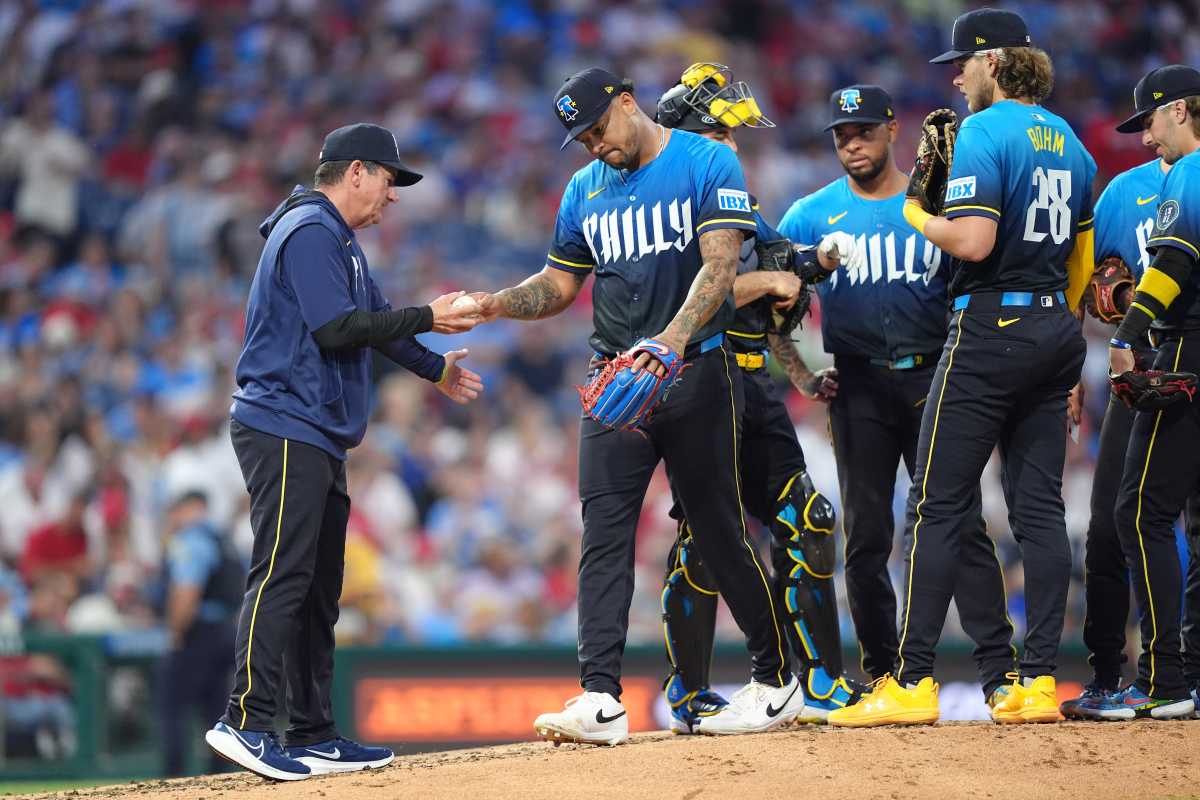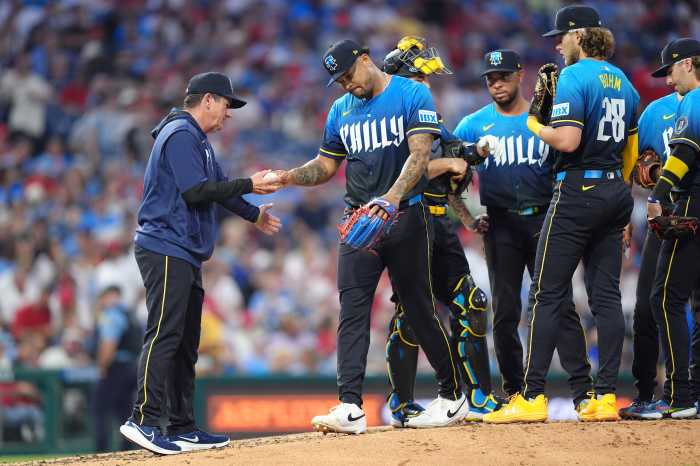Ever since her conducting debut in 2008, elegant Colombian-born pianist and conductor Lina Gonzalez-Granados has flown the flag for Latina expression and leadership in the classical music and operatic realms.
With one-time Philadelphia Orchestra conductor Riccardo Muti and music director Yannick Nézet-Séguin as mentors, Gonzalez-Granados made her Philadelphia Orchestra debut in 2020 and her Opera Philadelphia debut in 2023. And now, with her recent appointment as the Los Angeles Opera’s resident conductor, Gonzalez-Granados has become the first Latin American woman to hold that position.
This weekend, Gonzalez-Granados again conducts the Philadelphia Orchestra, now with student musicians from NYC’s Kaufman Music Center, on March 25 for a program featuring the works of African-American composer Florence Price interspersed with readings from the best-selling children’s book, ‘Who is Florence Price?’
Before Saturday’s showcase— which will take place at Verizon Hall on the Kimmel Cultural Campus—Lina Gonzalez-Granados talked about how it is she came to the conductor’s baton, to Philadelphia, and to her leadership role.
Why and how did conducting become your path through classical music?
One of my personality traits is that I love being around people. I grew up as an only child — the piano, the instrument on which I trained, was a little bit lonely — so having the most amount of people around me was something I craved since I was a little child. Music made that happen, so having a group of people with whom I can interact is why I became a conductor. And I love the music, being part of the sound, and its communities building its teams.
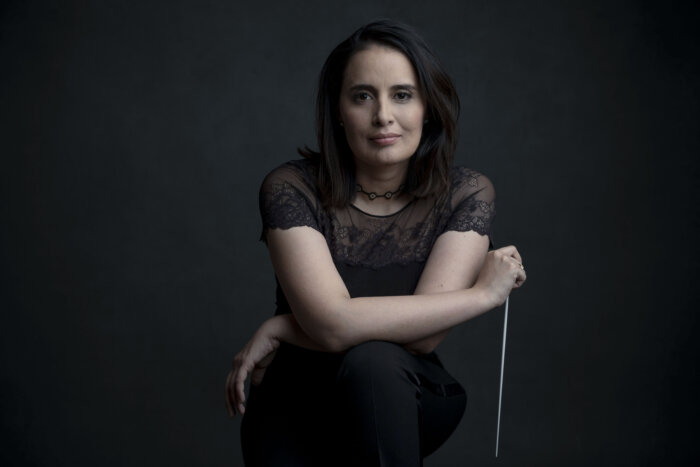
Yet, rather than play within that community as a musician, you chose to lead – that’s very telling, an interesting way to stave off loneliness.
There is this unspoken contact… communication… when you are upfront as opposed to when you are inside. It’s extraordinary and different expressing who you are without actually playing. Expressing who you are as an extension of your hands. Being an only child in Colombia, I like being in front; not so much the center of attention, but at the forefront of the conversation. And I did play piano for choruses and sing a lot, so I did exist as different parts of the equation. I sang in huge choruses and recall watching the conductor. That’s when my crises began. I wondered what it was he was doing with his hands.
Since your 2008 conducting debut, how have you grown in that art form, as well as within the music?
That’s a loaded question. I love it. The more that I walk this path, the longer it becomes. I feel like there is always much to learn. There are baselines of physicality and technique that must be met to get to the next level, but it is never enough. This quest of a lifetime is one I have discussed with octogenarian conductors who still believe that they have much to learn. So, every birthday I find that I have conquered so much, with still so much more to go
In your 15 years of conducting, have you developed a signature sound?
I think so. There is something to be said about coming from a country which its musical culture is diversified – classical music, as well as its mainstream. That confluence of styles make me approach music differently. I never take that for granted, that which is unique to my heritage and what I have learned since through my travels. My signature is my curiosity.
You moved to Philly before making your conducting debut with the Philadelphia Orchestra. Why?
Living in Philadelphia is a result of having fallen in love with this city when I did a staff conducting audition in 2019, and started that season as a conducting fellow of the Orchestra, a position created for me to give me more experience in regard to my aspirations of an assistant conducting job. Philadelphia’s Orchestra embraced me, made me part of their team, and I made great friends – we have barbecues and go to restaurants together. It is a huge, close-knit community… the dream of any artist is to work with such a community and contribute to the love that they have.
Talk about March 25’s Florence Price program – her work as a composer is beloved, but still rarely played.
The program is unique in the way it is devised. The book is one that kids from the Kauffman Center wrote, and the aesthetic idea comes from the need to reframe this story as they feel fit. Kids of this age being responsible for that goal – there is pride in that, and beauty. The Philadelphia Orchestra are helpers in that. My role here is to curate, to create a libretto based on their book and their experiences writing, to put them at the center of the story. They love how people are rediscovering Price and other Black women composers. This is a story from the kids for the kids. African-American music is American music – that is important to know.
You were just appointed as the LA Opera’s resident conductor, making you the first Latin American woman to hold that position. What does that mean to you?
Latinas are in a different place. It is great to be acknowledged to for the talent, and the fact that I can bring something to the table, but I must admit it is lonely when there is only one person fighting to bring Latinas to the forefront. I hope that we can be accepted more – that all kinds of women can be welcomed into spheres of leadership. We should not have to wait until people feel comfortable with certain demographics for us to get to work. I can’t wait to see and hear more representation. And I hope that ‘firsts’ are not as important as ‘often.’
‘Women in History: Who is Florence Price?’ is a free family concert that will take place Saturday, March 25, at 11:30 a.m. at Verizon Hall on the Kimmel Cultural Campus. For information and tickets, visit philorch.org



